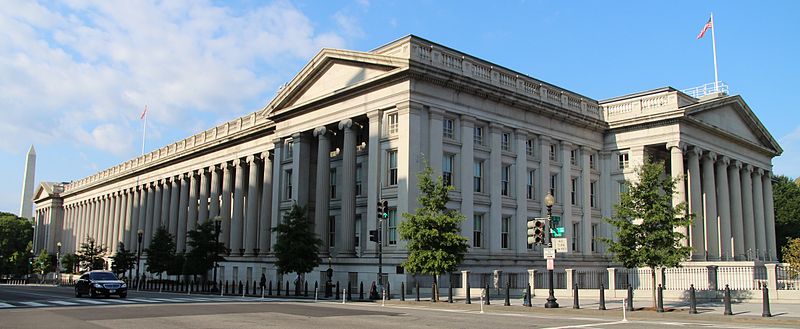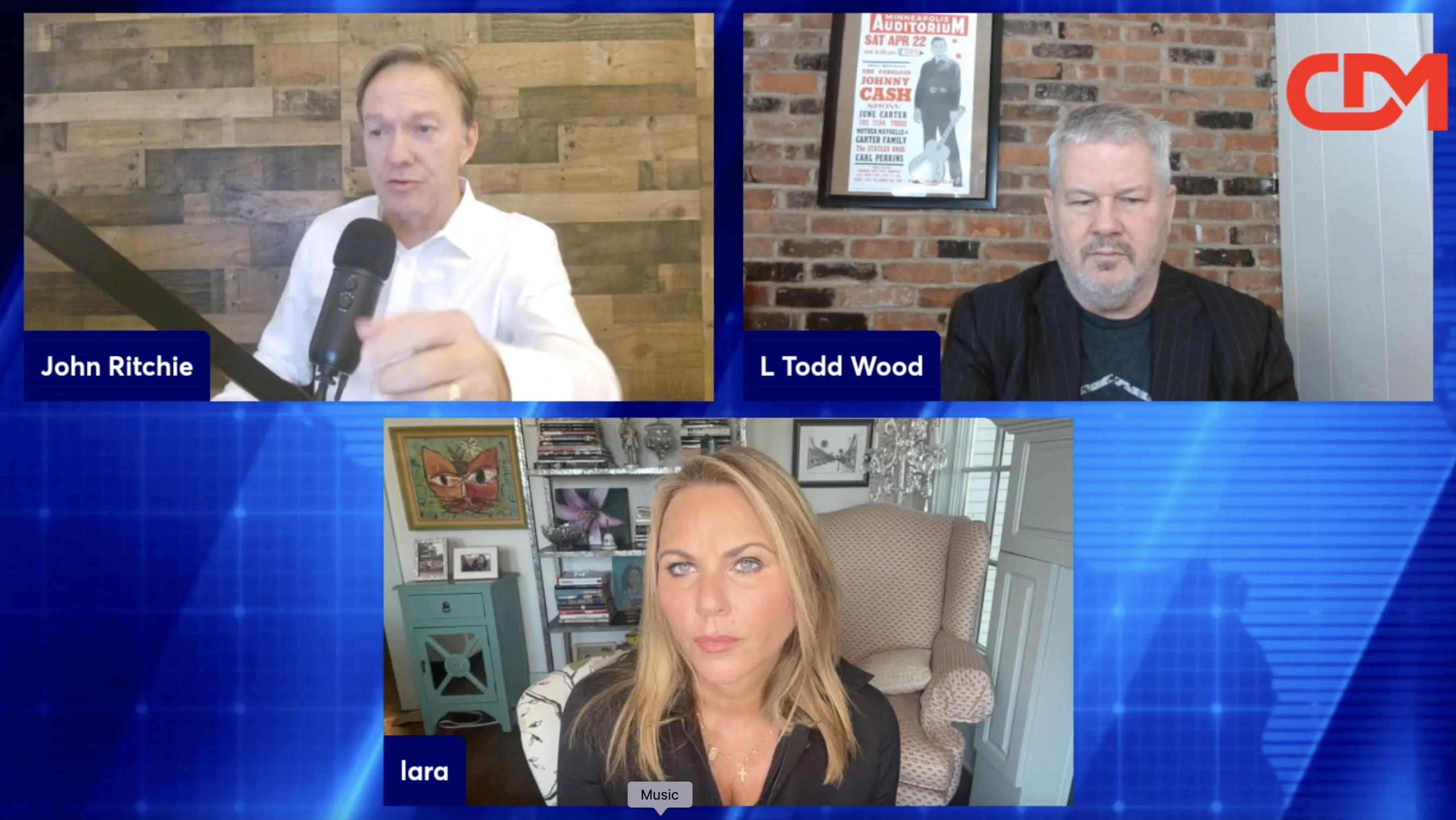
The Internal Revenue Service, also known as the IRS, has had their own list of scandals throughout the years. Most recently, when they were caught for targeting Christian and conservative groups under the Obama administration, and Lois Lerner’s computer mysteriously crashed to the point know proof could be found. The point being, the tax machine in America, as a country founded on its distaste for taxes, has lived up to its negative reputation time and time again.
And now, on the recently asked questions section on the IRS webpage, they just slid in some information that would most likely be overlooked by people using the internet. The site offers a slew of options for users finding out about when their stimulus checks will arrive under the CARES Act. It states:
“Millions of Americans have already received their Economic Impact Payments (Payments) authorized by the Coronavirus Aid, Relief, and Economic Security Act (CARES Act). The Internal Revenue Service (IRS) continues to calculate and automatically send the Payments to most eligible individuals, however some may have to provide additional information to the IRS to get their Payments. Below are answers to frequently asked questions related to these Payments. These questions and answers will be updated periodically. Please DO NOT call the IRS.”
While IRS Commissioner Charles Rettig said in a Congressional hearing that the IRS issued checks to those deceased because it followed the same protocol for payments issued in 2008, the site clarified last week the Treasury’s Bureau of Fiscal Service “has canceled outstanding Economic Impact Payment (EIP) checks issued to recipients who many not be eligible, including those who may be deceased.”
Why this matters: These are your tax payer dollars. If the government is able to issue checks to deceased people, it makes you wonder how much fraud and corruption may be happening with little to no accountability. Senator Mitch McConnell has hinted he wants to include more stimulus payments to families and individuals if Congress passes a second stimulus bill, and with information like this, it is worrisome how much we don’t know about these huge economic packages, which we then have to pay for.
























